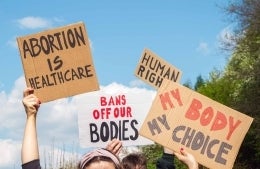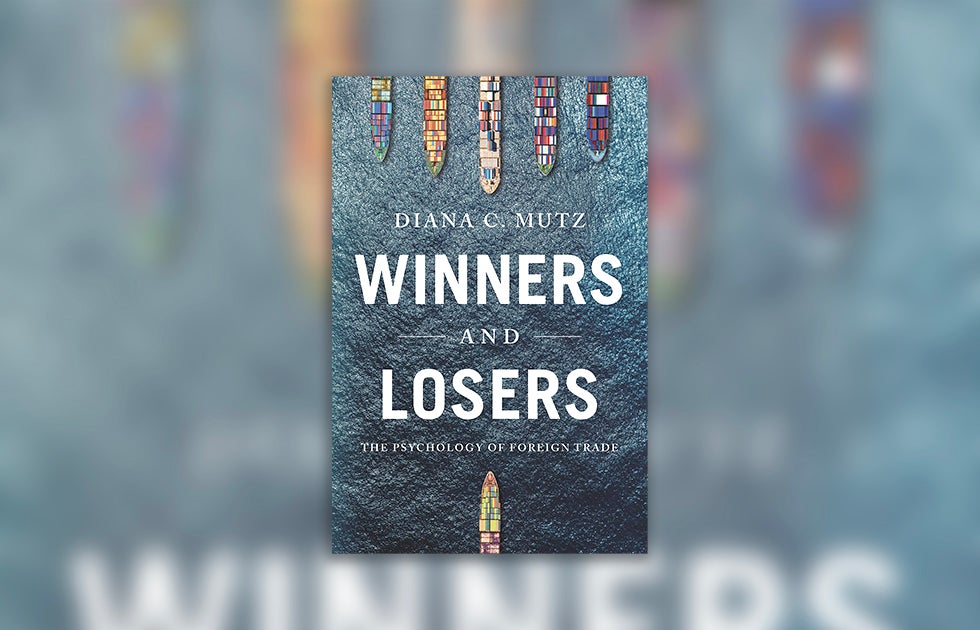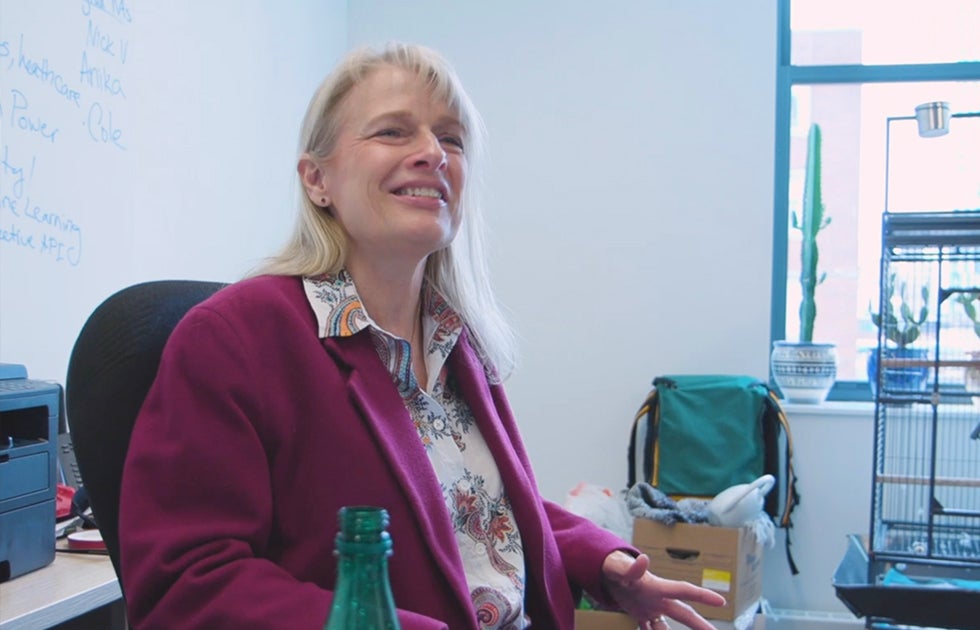
Diana C. Mutz, Ph.D.

- Samuel A. Stouffer Professor of Political Science and Communication
- Director, Institute for the Study of Citizens and Politics
Diana Mutz studies political communication, political psychology, and public opinion. Her research focuses on how the American mass public relates to the political world, and how people form opinions on issues and candidates.
Diana C. Mutz is the Samuel A. Stouffer Chair in Political Science and Communication at the University of Pennsylvania, and also serves as Director of the Institute for the Study of Citizens and Politics.
In 2021, she was elected to the National Academy of Sciences. She also received a 2017 Carnegie Fellowship and a 2016 Guggenheim Fellowship to pursue research on globalization and public opinion. In 2011, she received the Lifetime Career Achievement Award in Political Communication from the American Political Science Association. She was inducted as a Fellow of the American Academy of Arts and Sciences in 2008.
In addition to many journal articles, Mutz is the author of Impersonal Influence: How Perceptions of Mass Collectives Affect Political Attitudes (Cambridge University Press, 1998), a book awarded the Robert Lane Prize for the Best Book in Political Psychology by the American Political Science Association, and the 2004 Doris Graber Prize for Most Influential Book on Political Communication published in the last ten years. In 2006, she published Hearing the Other Side: Deliberative Versus Participatory Democracy (Cambridge University Press, 2006) which was awarded the 2007 Goldsmith Prize by Harvard University and the Robert Lane Prize for the Best Book in Political Psychology by the American Political Science Association. Most recently it received the Best Book Award from the American Association for Public Opinion Research. Her 2015 book, In Your Face Politics: The Consequences of Uncivil Media (Princeton University Press, 2015), was awarded the David Sears Best Book Award by the International Society for Political Psychology, as well as the Doris Graber Prize by the APSA Political Communication section. She has a new book coming out in July 2021 from Princeton University Press entitled, Winners and Losers: The Psychology of Foreign Trade.
Mutz served as founding co-PI of Time-sharing Experiments for the Social Sciences (TESS), an interdisciplinary infrastructure project that continues to promote methodological innovation across the social sciences. For creating and implementing this ongoing project, Mutz and co-PI Skip Lupia received the Warren Mitofsky Innovators Award in 2007. She subsequently wrote Population-Based Survey Experiments (Princeton University Press, 2011) which offers the first book on this method, drawing examples from across the social sciences.
Before coming to Penn, Mutz taught at the University of Wisconsin-Madison, and the Ohio State University.
Education
- B.S., Northwestern University, 1984
- A.M., Stanford University, 1985
- Ph.D., Stanford University, 1988
Selected Publications
“The Dynamics of Electoral Integrity: A Three-Election Panel Study.” Public Opinion Quarterly, 2019.
“Status Threat, Not Economic Hardship, Explains the 2016 Presidential Vote.” PNAS, 2018.
“The Real Reason Liberals Drink Lattes.” PS: Political Science and Politics, 2018.
“Changing Attitudes Toward Same-Sex Marriage: A Three-Wave Panel Study.” Political Behavior, 2018.
“The Impact of In-group Favoritism on Trade Preferences.” International Organization, 2017.
“Harry Potter and the Deathly Donald.” PS: Political Science and Politics, 2016.
In-Your-Face Politics: The Consequences of Uncivil Media. Princeton University Press, 2015.
“Revisiting the Effects of Case Reports in the News.” Political Communication, 2014.
“Men, Women, Trade, and Free Markets.” International Studies Quarterly, 2014.
“US versus Them: Mass Attitudes toward Offshore Outsourcing.” World Politics, 2013.
“All Virtue Is Relative: A Response to Prior.” Political Communication, 2013.
“The Great Divide: Campaign Media in the American Mind.” Dædalus, 2012.
“Communication and Public Opinion: Plus Ça Change?” Public Opinion Quarterly, 2011.
Population-Based Survey Experiments. Princeton University Press, 2011.
Political Persuasion and Attitude Change. University of Michigan Press, 1996.
Courses
- COMM 6150 Experimental Design and Issues in Causality
- COMM 7060 Analysis of Election Data
- COMM 4050 Media, Public Opinion, and Globalization
- COMM 7150 Political Communication

How Has Talking About Politics Changed in the Last Quarter-Century?
Annenberg Professor Diana Mutz finds that we’re having more political conversations now with like-minded people, and that political intolerance has increased as a result.






